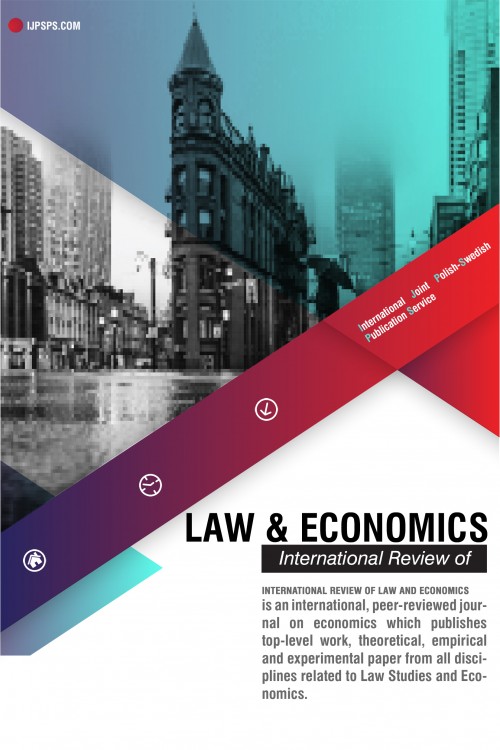
Investigating the Effect of Deviation from Optimal Cash Holding on Cash Value
Abstract
The present study deals with the investigation of the effect of deviation from an optimal level of cash holding on cash value. The study population included 101 companies that were selected in the time span from 2010 to 2015. Utilizing the pooled data and the generalized least squares method, the study examines the hypotheses proposed herein. The study results signified that the shareholders from the companies featuring a lower than optimum cash holding overestimated the value of every rial of cash earned as compared to the shareholders from the companies characterized by a higher than optimum cash holding. Also, the study results are indicative of the idea that the cash value in the companies featuring a higher than optimum cash holding is lower than the par value of every cash rial and that the cash value in the companies featuring a lower than optimum cash holding is higher than the par value of one rial of cash.